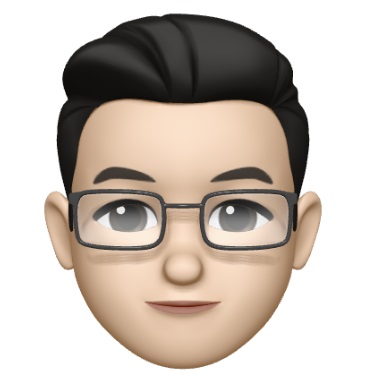
I think that this is a really good topic for a language school such as OneUP with so many motivated students. In my opinion, one of the biggest obstacles and challenges to learning a new language is basically just a lack of exposure as well as level of comfort with the language itself.
In order to further explain my opinion, I would like to give a little bit of information and talk about my own personal experience with language learning. I actually began to study Japanese during the beginning of my second year of university at the advice of some friends. To be honest, at first, I found it to be very difficult and challenging. There were several points at which I thought I wanted to give up. Japanese is obviously a very different language from English and there were many challenges for me studying the language. In particular, I couldn’t wrap my head around the grammar as it was so different from what I was used to in English.
I didn’t give up though and as I began to further study the language, I felt that I had gotten about a 50% overall knowledge and understanding of Japanese grammar. Fast forward to my senior year of university, and I found myself participating in a language exchange program with the opportunity to study abroad in Shiga, Japan. This was going to be my first experience and first time in Japan. After two or so years in university, was I prepared to speak the language I had been studying in the country I had arrived in? The short answer was “no”. I was not prepared.
What happened, then? Well, I think that I had experienced a very large disconnect between “language in the classroom” versus “language in the real world”. After my years of study, I had lacked a certain level of confidence and comfortability, as well as exposure in the actual language as it is used in the real world itself.
Following this experience, I had decided that the way I was learning and studying the language was somewhat inadequate. Simply studying grammar rules as well as increasing vocabulary was not productive enough toward allowing me to comfortably speak the language. At the time of my study abroad in Shiga, I had heard of some alternative ways at learning a language by mainly focusing on improving listening skills as well as doing listen-and-repeat practices. Once I returned back to the US after my experience in Shiga, I decided to change my study method and focus more on improving my listening as well as speaking skills. At the time, I was commuting to my job in the US by car and would usually spend at least an hour in the car every day. I had purchased some Japanese language audio CDs and started listening to them during my daily commutes in the car. In addition to that, I would also try repeating as well as practicing some of the phrases while I drove.
Fast forward a few more years, and I was returning to Japan; this time, to work. Contrary to my first time in the country during my study abroad, I found that I had a greater language ability this time and was also able to much more confidently speak and interact in conversation.
OK, so what did I learn and what is some advice that I have for those who are challenged when learning a language? Basically, in my opinion, the primary two areas that should be focused on when learning a language should be practice and exposure. Let’s look at exposure first. How do children learn their native language? Do they sit down with a grammar book and spend endless hours immersed in grueling study? Of course not, they learn it by simply being exposed to it, by listening and copying words and phrases that their parents use. I think that this is the approach that adults should also take when they learn a new language. They should try to expose themselves to the language as much as possible, to try listening and copying things that they hear. Secondly, let’s look at practice. Like the old English saying goes, “Use it or lose it”. I think that this is one of the great, positive points of a school like OneUP, which focuses on speaking and conversation. Having one-on-one lessons like those at OneUP give students opportunities to practice conversation as well as speak as much as they’d like.
Luis
Vocabulary
wrap (one’s) head around (idiom) – to understand something
fast forward (verb) – to skip over a period of time
senior year (noun) – fourth year of high school or college
inadequate (adjective) – insufficient; lacking; not complete
immerse (verb) – to do something with a lot of effort and focus
ネイティブ講師と話すならこちら!
英語学習をフルサポート!
マンツーマン&コーチングの英会話教室




















